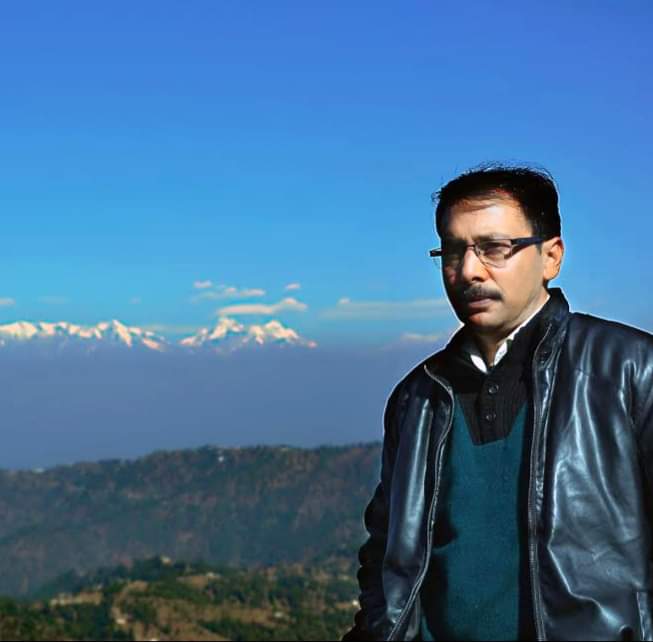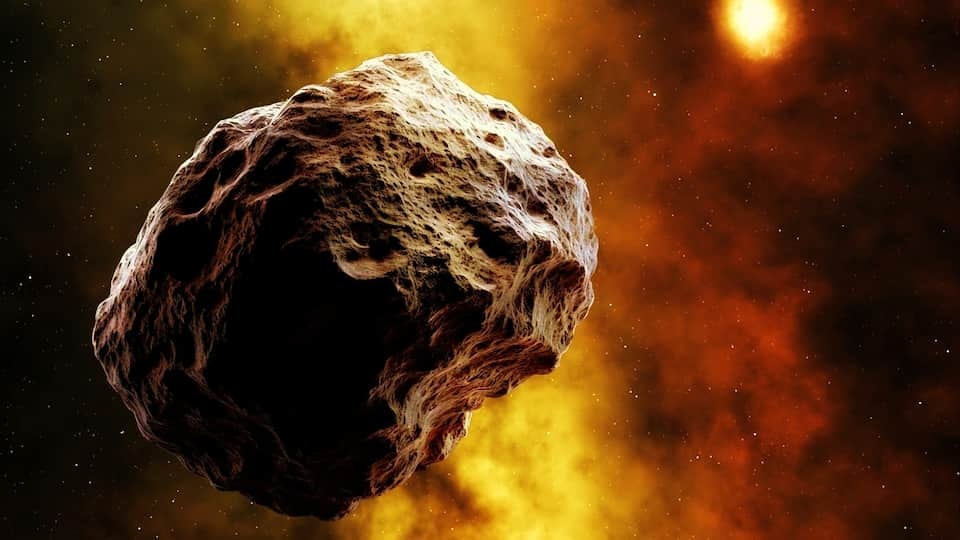To destroy the world Today is International Day of Astiroid
Asteroids causing terrible havoc in the world i.e. Today is minor planet (asteroid) day. They erased the existence of dinosaurs from the earth. A catastrophic event like Chelyabinsk happens once in 100 years and an event like Tunguska probably happens once in 300 years. International Minor Planet Day is celebrated every year on this day to raise awareness about them.
Retired scientist Prof. RC Kapoor of the Indian Institute of Astrophysics, Bangalore, has devoted a major part of his life to space. He says that an asteroid hitting the earth is a terrible disaster. With regard to their awareness, from 2015, June 30 was celebrated as International Minor Planet Day. Its main objective is to make people aware about the protection of humanity. Along with this, preparations have to be made to deal with any such disaster and all the countries have to think together. The incident that took place on February 15, 2013 in Chelyabinsk, Russia, shocked the local people including the scientists of the world. Due to this incident, a huge bomb exploded in the sky. It was actually a small planet, which was pulled towards us by the attraction of the Earth’s gravitational force while roaming in space. It was a rocky mass of 10,000 tons with a size of 19 meters. It collided at a height of 20 km from the Earth’s atmosphere at a speed of 65 thousand kilometers per hour. Despite the explosion at such a height, hundreds of houses were damaged and 1200 people were badly injured. According to the study, 500 kilotons of energy was released, which was thirty times more than the atomic bomb dropped on Hiroshima in 1945. A century ago, on the morning of June 30, 1908, a fierce explosion occurred over the Tunguska River in Siberia. Due to its powerful shock wave, 80 lakh trees were destroyed in the surrounding area of 2100 square kilometers. Then the local people faced this divine disaster, while according to the scientists, it must have been a small planet of 40 meters size, which came very close to the earth while wandering in space and got heated and exploded at a height of about 85 hundred meters. 2.8 megatons of energy was released in this incident. This area is almost uninhabited. Because of which there was no danger to life.
Minor planets pass near the earth daily
According to Dr. Shashibhushan Pandey, senior astronomer of Aryabhatta Observational Science Research Institute, ARIES, thousands and millions of meteors and many minor planets pass near the Earth daily. Most of them are destroyed by burning in the Earth’s atmosphere at a height of 80-90 km. We see them as falling stars. In these, there is a need to keep an eye on large sized bodies.
Minor planets can be dealt with
According to Dr. Shashibhushan Pandey, planets hitting the earth can be dealt with. They can be destroyed in the sky only. But this method can be a bit dangerous. Deviating a little from their own path, they can be installed in another class. Last year, NASA’s Dart mission changed the orbit of two minor planets. This is a safe method.
Mining will be rich in precious metals in the future
According to Prof RC Kapoor, minor planets are endowed with precious metals, which can be beneficial for us. Scientists are planning to use metals by mining them in future. Rare elements such as iron, nickel, gold, platinum, iridium, rhenium, palladium etc. are present. Planning is being done on these for 25 years regarding mining.
Apophis is an increased threat from the minor planet
The size of a minor planet named Apophis is 340 meters. It takes 323.74 days to revolve around the Sun. Its orbit is elliptical, which crosses the orbit of the Earth. Earth may encounter this body in the future. In the past, the possibility of this minor planet colliding with the Earth was expressed. According to the current calculations, in 2029 it will pass through a distance of 37400 km.
Source: Scientist Prof. RC Kapoor and Dr. Shashibhushan Pandey.
Photo: NASA.

Journalist Space science.
Working with India’s leading news paper.
और अधिक जानें

